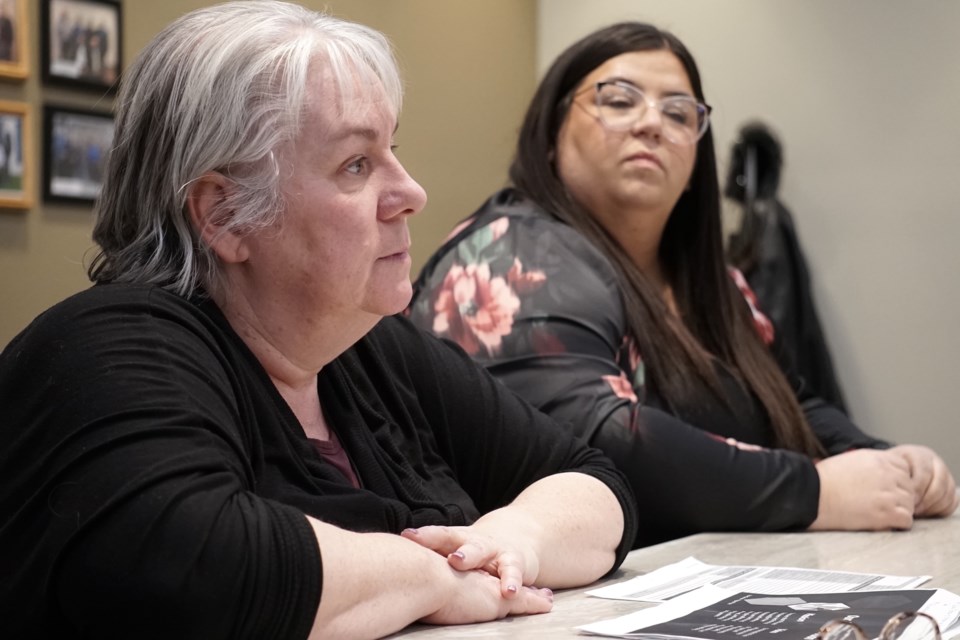ST. PAUL – The Eastern Alberta Regional Victim Serving Society (EARVSS) provided the County of St. Paul council an overview of the services it provides to County residents, during the County’s Public Works meeting on May 27.
Anyone could potentially face a situation where they need support due to crime or a tragic event, said Melody Littell, who is the director of operations at EARVSS.
Littell explained that in times of tragedy, people often feel overwhelmed and lose a sense of control, and EARVSS aims to help people regain that control, including assistance with navigating the complexities of the criminal justice system.
“We're operating with a ‘No Wrong Door Approach’. This means that anybody can pick up the phone and walk in at any time,” she said. Even if people may not be victims of crime, EARVSS could still help by guiding individuals to the correct support they require.
EARVSS has 24 locations located at 24 RCMP detachments in its service region, with the central office located in St. Paul.
Services
The EARVSS has two categories of support services it provides, specifically general victim support services and criminal justice navigation services.
General support services include providing victims of crime referrals to other services or resources they could access.
Criminal justice system navigation services include giving victims information about the Canadian Victims Bill of Rights through its court navigators, in addition to assistance with navigating the court system. This includes discussing options like victim impact statements and restitution, explaining how these allow victims to ensure their voices are heard during the legal process.
EARVSS also provides court preparation, which may involve working with the Crown to explain legal procedures and ensuring clients understand what to expect.
Court accompaniment is also offered, with staff or advocates going with the client to court and assisting with debriefing afterward.
EARVSS provides guidance with processes involving the court and the justice system, “because it’s daunting,” Littell said.
Other help includes providing emotional support during processes like safety planning with the RCMP and offers support to help people process the events they have experienced.
However, Littell said it is important to understand that EARVSS staff are not counselors and do not specialize in therapeutic services.
Out of scope services
There are services the EARVSS cannot provide, including civil issues like divorce, separation, parenting, or restraining orders, as members of the society are not lawyers.
Matters involving child and family services (CFS), as well as mental health, are also generally out of scope due to safety concerns.
Coun. Dale Hedrick asked if the group works with abused children in situations where they have to go to court. “As far as children, like family being abused and stuff like that and they have to go to court, do you guys work at all with the protection of the unprotected?”
Littell said such cases are referred to another agency which specializes in helping children and youth.
Educational programming like domestic violence programming are also beyond EARVSS’ scope of services, but staff can connect people to agencies that do, said Littell. So, the public and victims of tragedies are still encouraged to reach out to EARVSS if they require help.
EARVSS also provides after-hours crisis response. Their central phone number can be reached at 587-800-2078, available for calls outside regular business hours.
The EARVSS operates on a tiered system, with navigators answering initial calls, triaging the situation, and determining eligibility.
Where appropriate and safe, an advocate may be dispatched in person, alongside the RCMP.



